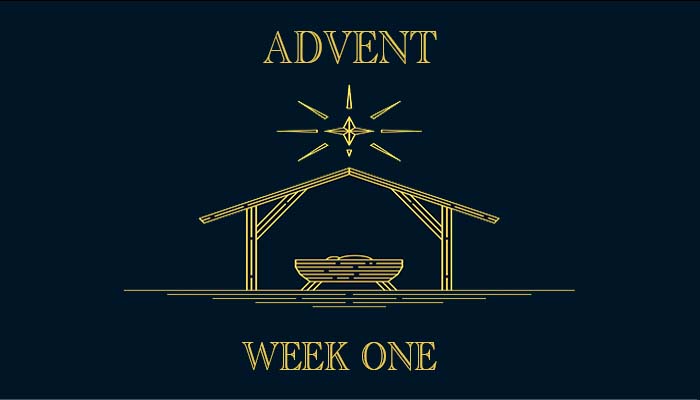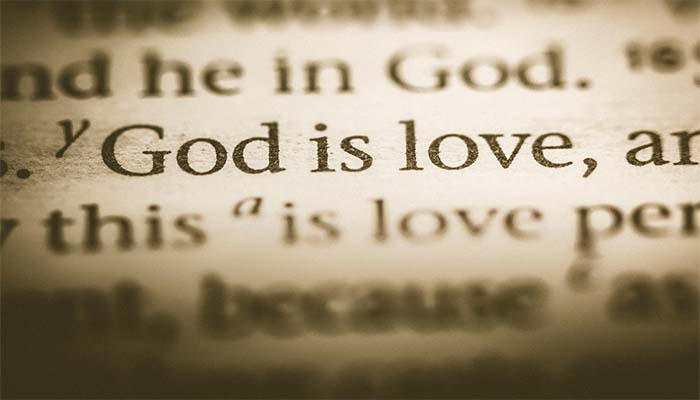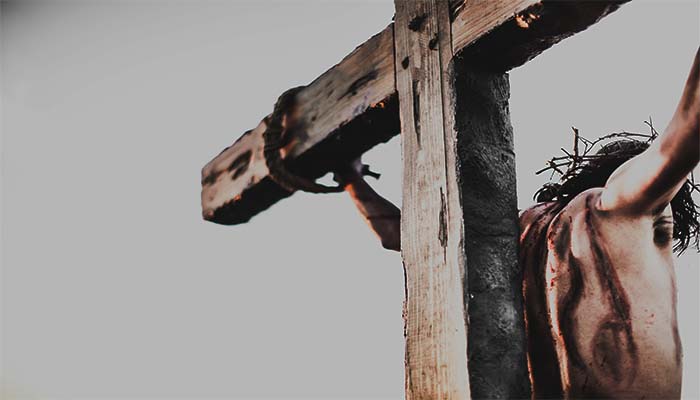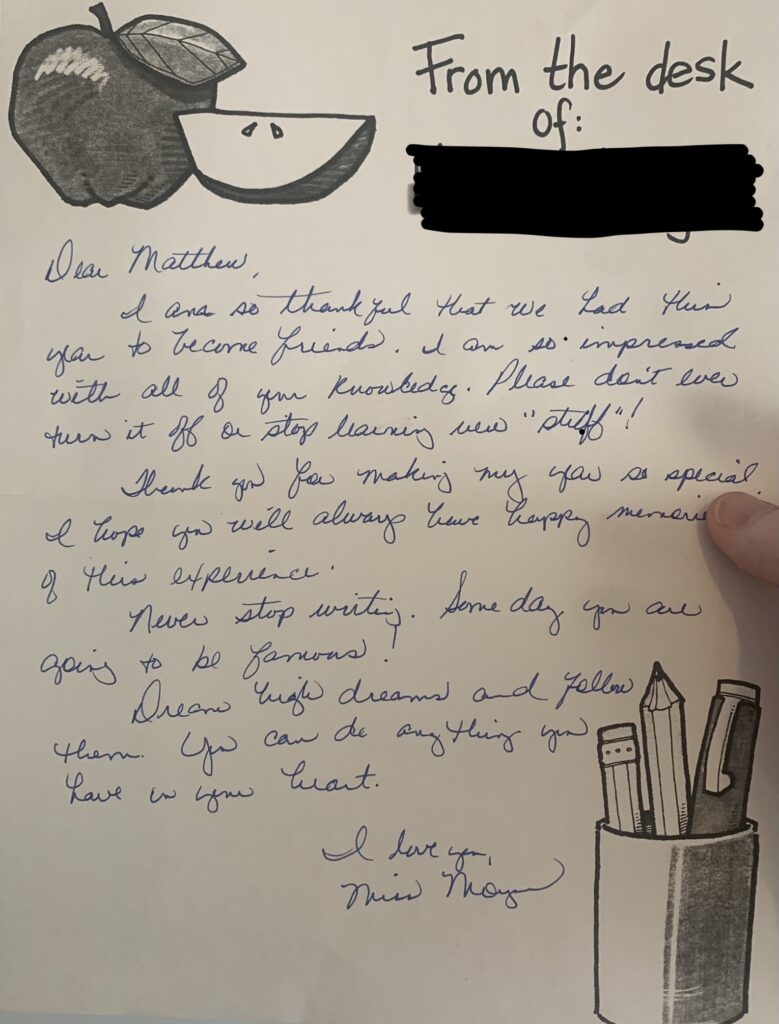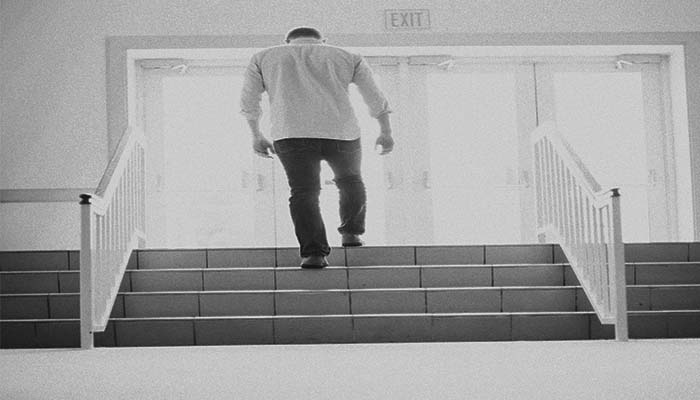Advent is an alarm, alerting us to the dangers of expectations. You think you know what God will do. You think you know how he will act. You think you know what will happen next. Then, he wraps his own likeness in a coat of flesh and sends him to earth. Here you go, world. Not a king on a throne. Not an all-powerful demi-God. A baby. A vulnerable, helpless baby.
Expectations are resentments waiting to happen. You’ve heard that before, I’m sure. If you haven’t, you should write it down because it’s true and can save your life from a legion of suffering. Expectations are the root of most suffering and all unnecessary suffering.
What are expectations? Underlying beliefs about how you think the world works, how future events will play out, how you think people should act, respond, and so on. We rely on expectations for happiness, for hope, even. And, left unchecked, we will force everyone and everything through the filter of our expectations, choking the life out of them as we do.
Think about all the times you thought your spouse would say or do something, and she didn’t, and you became angry. Or maybe not angry, but sad or disappointed. Nothing serious, though. And you got over it. But then it happened again. And again. And over time, the small disappointments grew into something larger, resentments, and cynicism, and separation.
If you have kids, think about how your expectations for them create dissension and friction, both in your life and theirs. I have kids, and I’m thinking right now about how much energy I spend forcing them to conform to my ways. I don’t give them enough freedom. I don’t ask them enough questions. And this leads to suffering.
But we’re not here to talk about marriage and kids, are we? We’re here to talk about Advent, about Christ, the Messiah. But, in a way, we’re also here to talk about marriage and kids because how you see anything is how you see everything. The expectations you have for your spouse are the same ones you have for Christ.
If you read the story of Jesus’s birth, you will see a lot of characters. Mary. Joseph. Shepherds. Wise men. A king. And so on. But one group you will NOT find in the birth narrative? Religious leaders. And, friends, in this story, we are the religious leaders. We are the ones who are in grave danger of missing the presence of Jesus in our midst.
The religious leaders, you see, had expectations for the Christ. They knew the Scriptures. They knew about Immanuel’s coming. Yet, when Jesus arrived, they missed him. How? Because their image of Messiah wouldn’t allow him to be born in poverty, in nothingness, in destitution. Their expectations for the Messiah blinded them to the actual skin-and-bones Savior in their midst. They were the experts on God. They left no room for uncertainty, for curiosity.
This is troubling. It’s troubling because most Christians I know, myself included, also believe they know how God interacts with his world. I mean, honestly, who would expect the Savior of the World to arrive in a manger, in some backcountry hick town? I grew up in Mississippi. There are more Bethlehems than sand grains in the Sahara, small, insignificant towns with a single gas station at the intersection of a 4-way stop. I mean no offense to people who inhabit these towns, but I could never live in one, and the thought of God allowing his son to breathe his first in a podunk village offends my sensibilities.
Advent season is meant to offend our sensibilities, so that we might relinquish our attachment to the status quo, and begin the journey to Bethlehem, which is the journey to True Life.
Advent has a provocative, offensive message, especially to those who think they know how God is going to act, where God is going to be, what is going to say.
And here it is: You don’t.
And what’s more, the people you think know nothing about God, might actually have a leg up on experiencing Christ. They might actually know him better than you. That’s a scandalous thought, isn’t it?
So, as we start this journey, we start by crucifying our expectations. We start by laying down our thoughts about God and asking him to infect our hearts and minds with a fresh imagination, with the vision of a novice, with the awe of a child. We stop assuming God will only show up in the familiar places and begin looking for him in the places we least expect. We stop all this non-sense about how the world must come to us if they want to know Christ.
“You must follow these steps if you want to know the love of Jesus. You must come to church on these days and read the Bible in these ways and act in this way. Then, you will know God.”
Stop it. Just stop. Our pride hinders us from the Messiah. He is not in here, among the religious elite. He is out there, beyond the realm of familiarity and certainty and….expectations.
God can and will reveal himself to those we least expect, in ways we least expect. So, as Advent begins, as we embark on this season that culminates in the single most important moment in the history of the world, will we lay down our expectations, will we dare to see God outside the walls of our current understanding? If we do, something transformative waits for us, something that will change us forever.
And that something is True Life is here. Joy beyond comprehension. A life you never thought possible.
But you must lay down your expectations.
SCRIPTURE
JOHN 1:9-13
The true light that gives light to everyone was coming into the world. He was in the world, and though the world was made through him, the world did not recognize him. He came to that which was his own, but his own did not receive him. Yet to all who did receive him, to those who believed in his name, he gave the right to become children of God— children born not of natural descent, nor of human decision or a husband’s will, but born of God.
PRAYER
Father, we want to know you. Awaken us, God. Give us eyes to see your glory in new ways. We don’t want to miss Immanuel. We want to know True Life. We long for a deeper understanding of Love, Hope, Joy. Don’t allow us to stay as we are. Don’t allow us to settle for a half-hearted experience of you. Crucify our expectations. Forgive us for constructing boxes for you, for not looking for you outside the walls of our certainty. Lead us to Bethlehem. We want to praise the Messiah. Amen.

